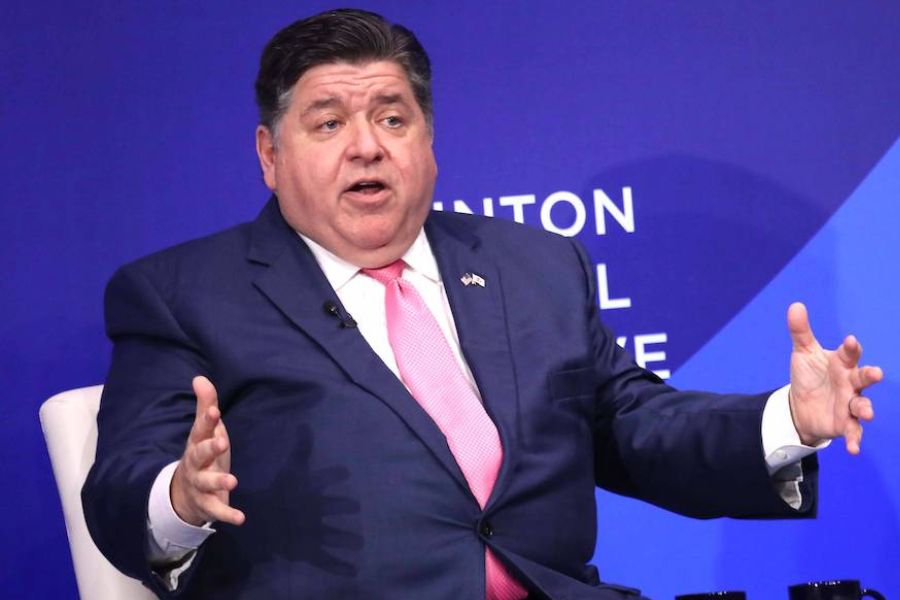This proposal, aimed at bolstering state revenues by nearly $900 million, has sparked a mix of anticipation and concern among stakeholders in the Illinois gambling industry.
Governor Pritzker’s budget plan, described by him as “tight” and “focused and disciplined,” seeks to address the state’s financial needs through various tax hikes, including a notable increase in the sports gambling tax from 15% to 35% of gross revenues.
This adjustment is projected to generate an additional $200 million in revenue but positions Illinois to have the fourth-highest sports betting tax rate in the nation.
Impact on Illinois Online Sportsbooks
The proposed tax hike has raised alarms among operators of online sportsbooks in Illinois, who fear that the increased tax burden could stifle the competitive edge of the state’s sports betting industry.
Critics argue that the higher tax rate may lead to reduced odds for bettors, a cutback in promotional activities, and potentially a decrease in the overall betting volume, which could counterintuitively impact the anticipated revenue increase.
While the state coffers stand to gain from the increased tax revenue, the sports betting industry, and its patrons could bear the brunt of the hike.
The additional funds are earmarked for the state’s general revenue fund, diverging from the current allocation towards infrastructure projects. This shift underscores the state’s prioritization of bolstering its fiscal health over industry growth or consumer benefits.
Broader Tax Implications
Governor Pritzker’s budget proposal does not stop at sports betting. It encompasses a wide array of tax changes affecting corporations, retailers, and individual taxpayers.
Among these are the extension and expansion of the cap on net operating losses, which could significantly impact companies that have been operating at a loss, and a cap on the retailer’s discount for collecting sales taxes, expected to raise an additional $186 million.
Looking Ahead
As Illinois navigates the complexities of implementing this hefty tax hike, the sports betting industry is bracing for potential changes. Stakeholders are calling for a careful assessment of the proposal’s long-term implications, emphasizing the need for a balanced approach that supports the state’s financial objectives without undermining the growth and competitiveness of the sports betting sector.
In the broader context of Pritzker’s budget plan, the sports betting tax hike is just one piece of a larger puzzle aimed at addressing Illinois’ fiscal challenges. However, its impact on the gambling industry and the precedent it sets for tax policy in the state will be closely watched by observers nationwide.





